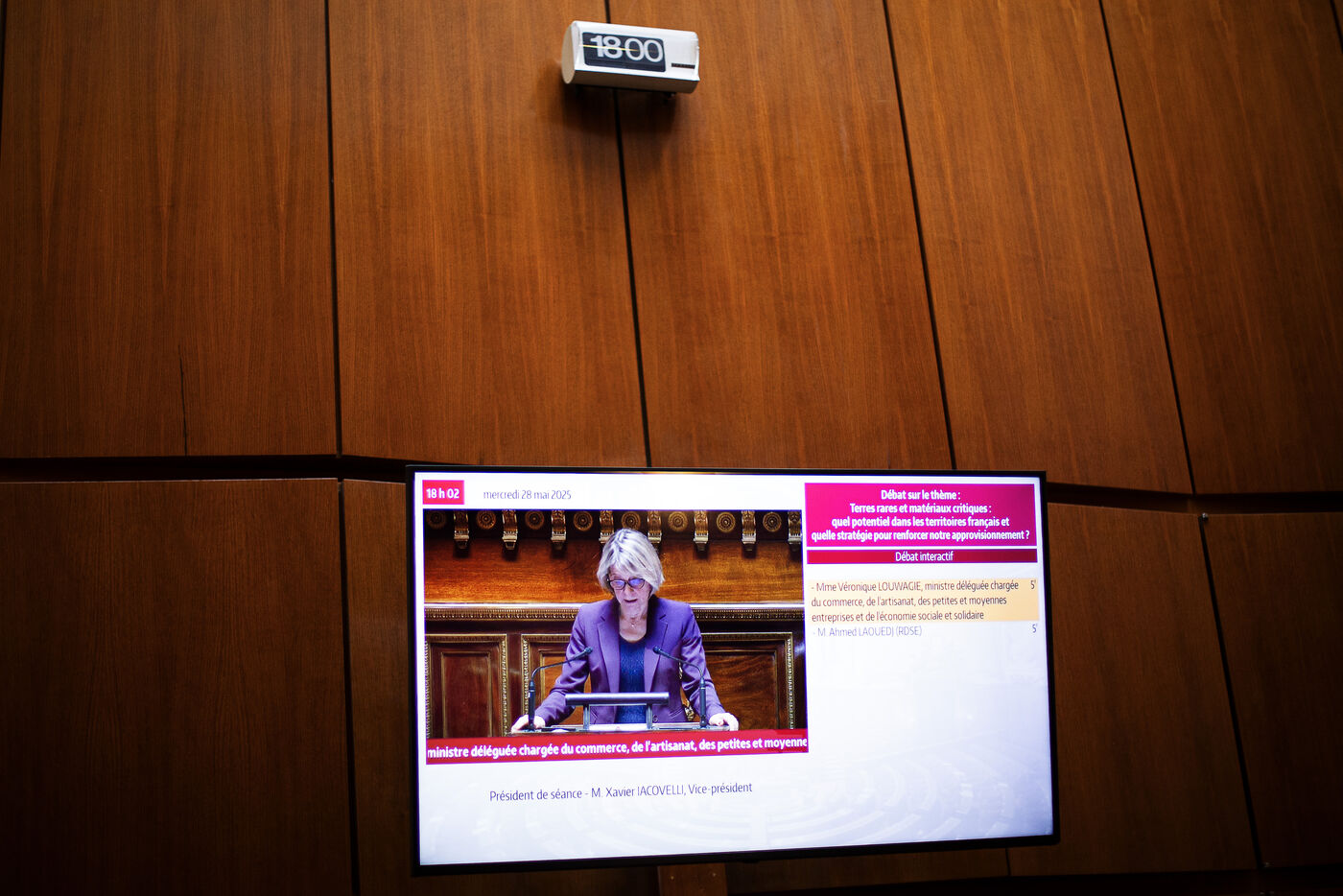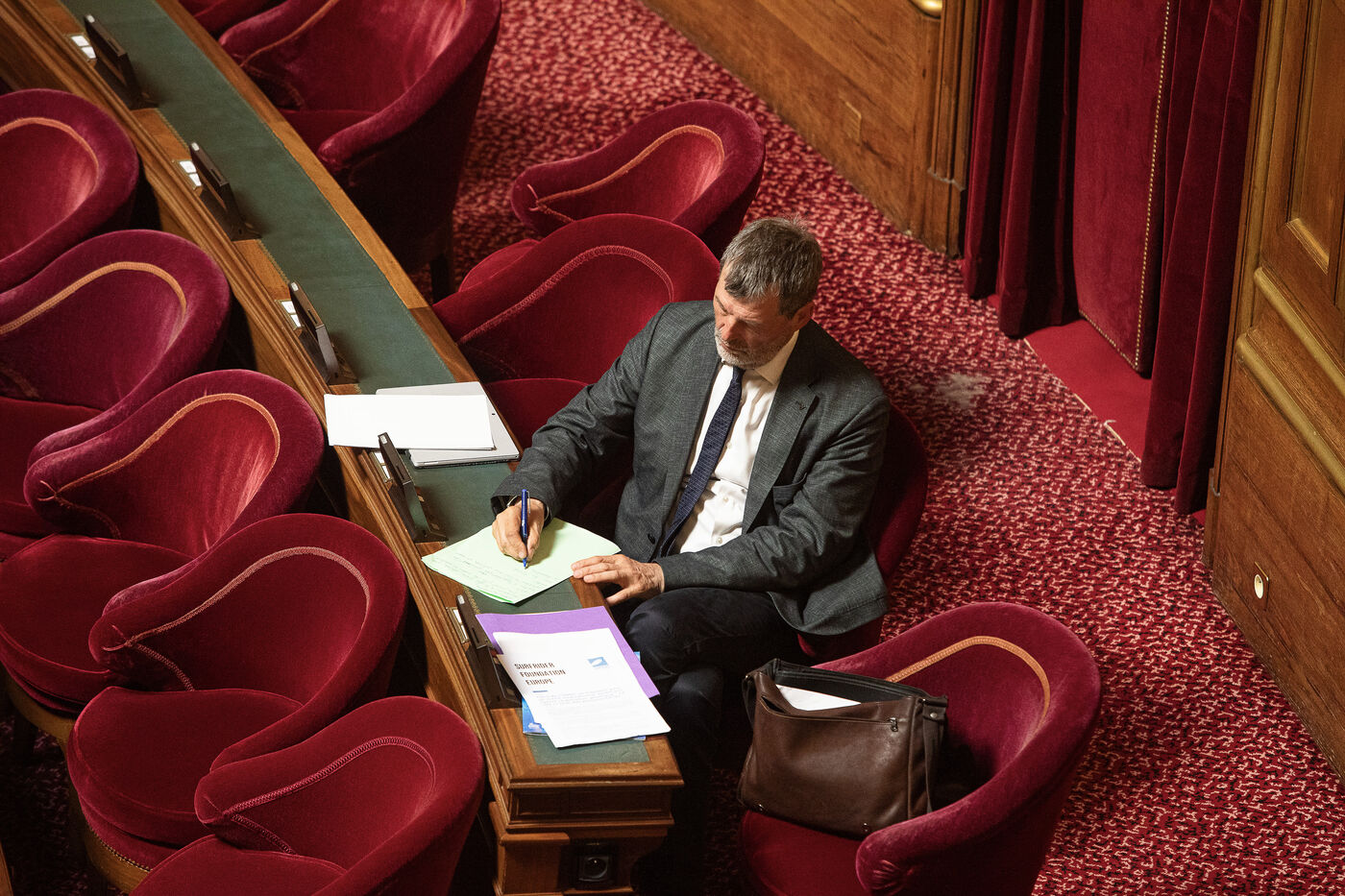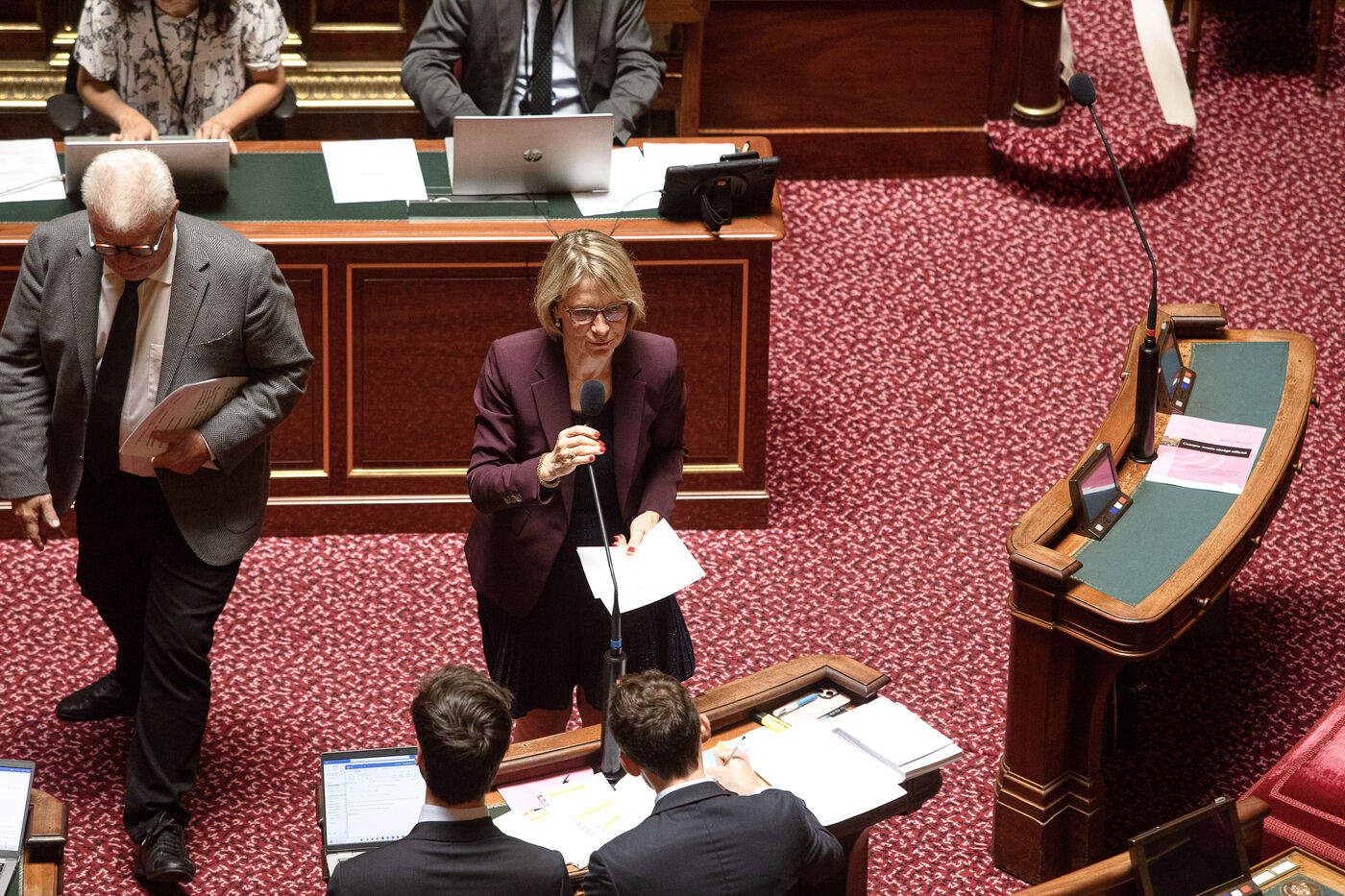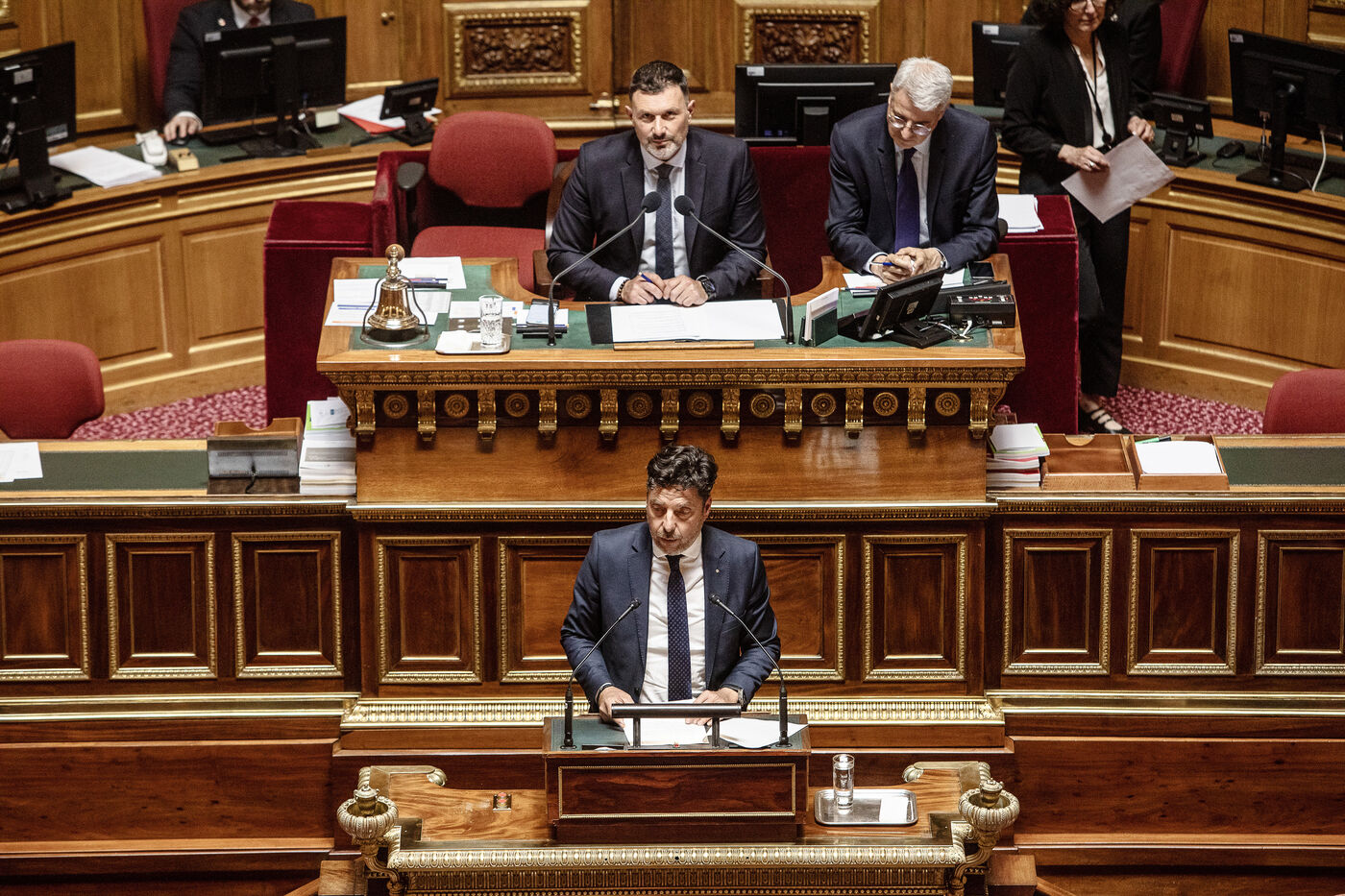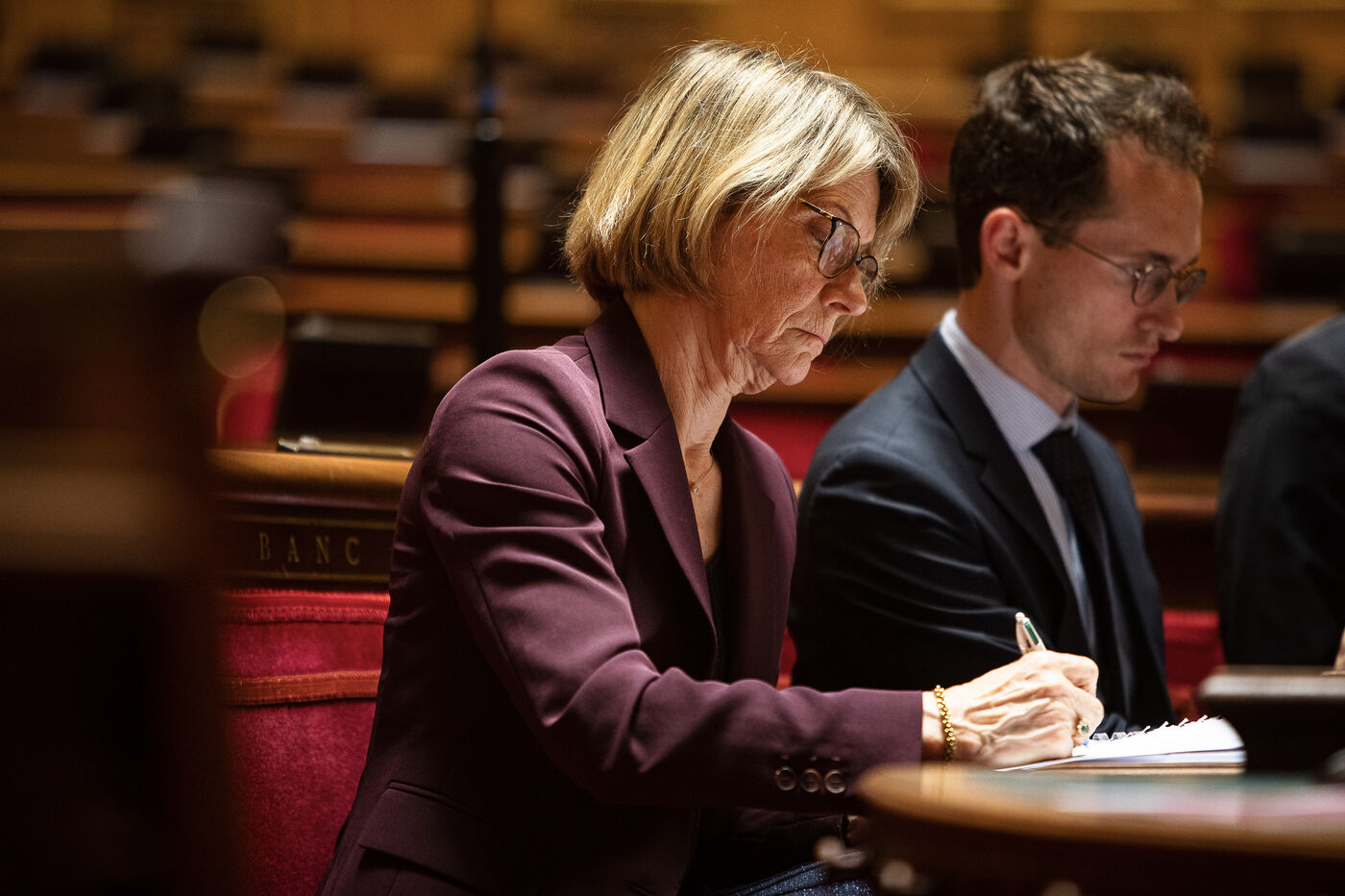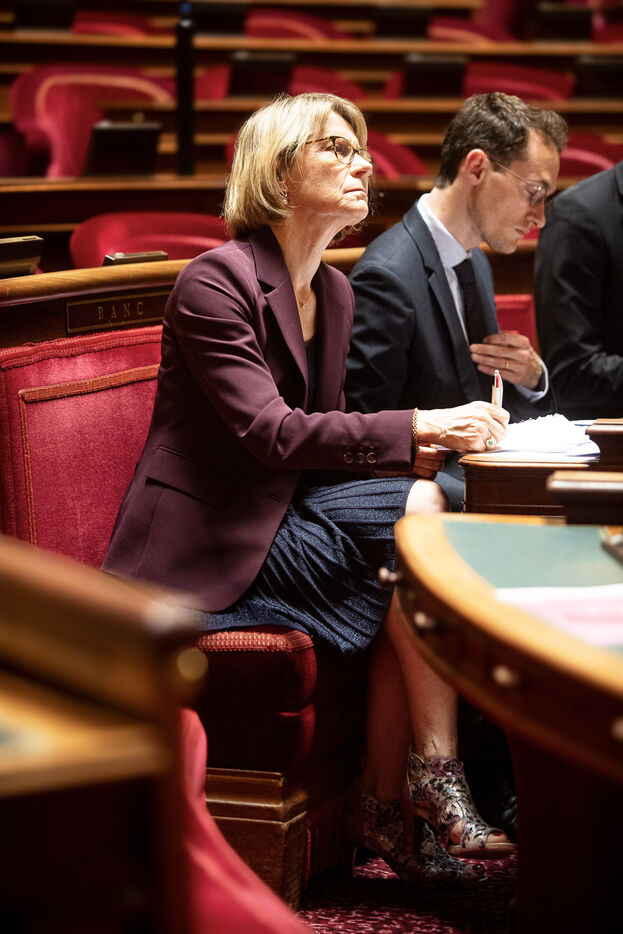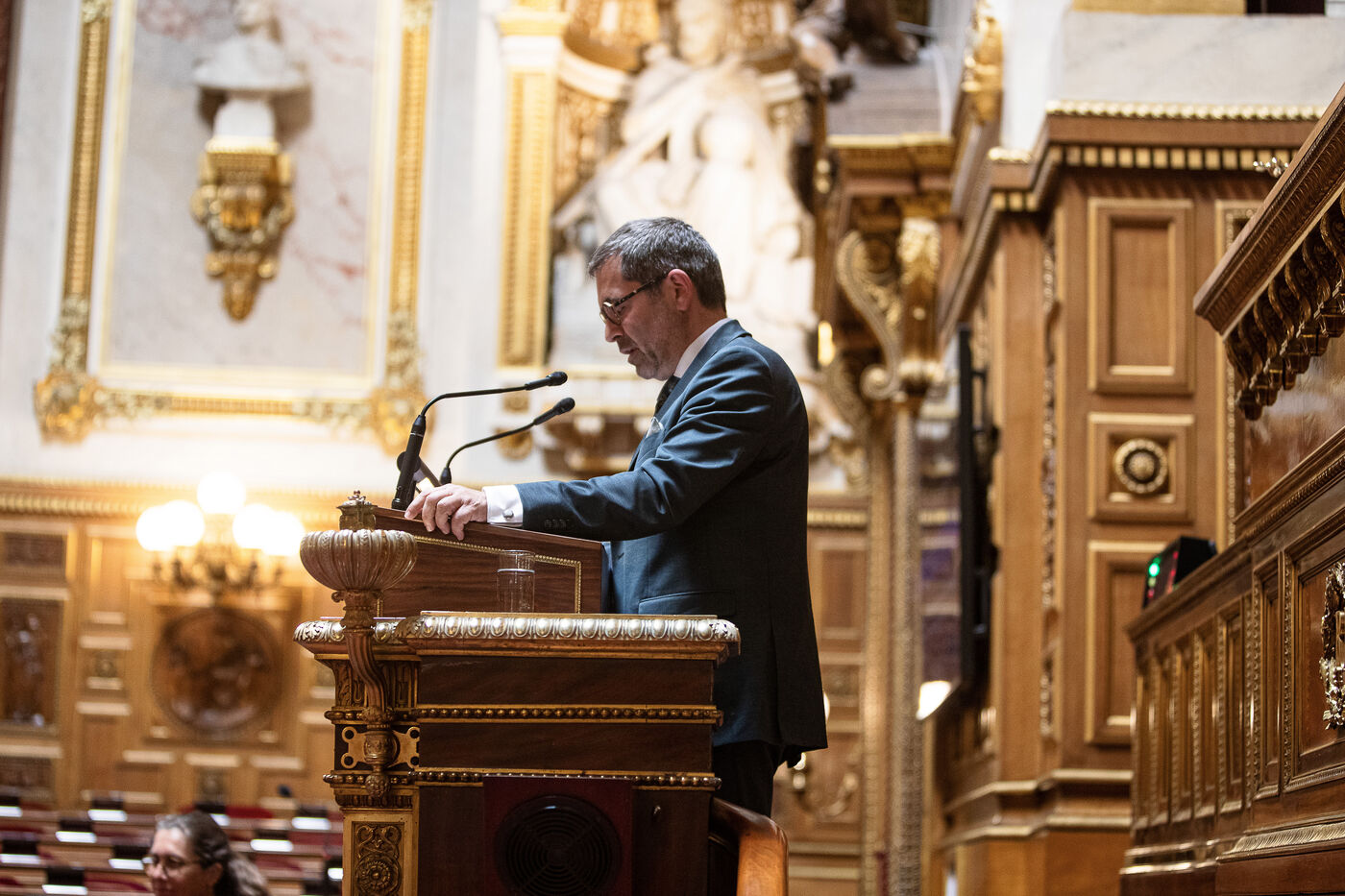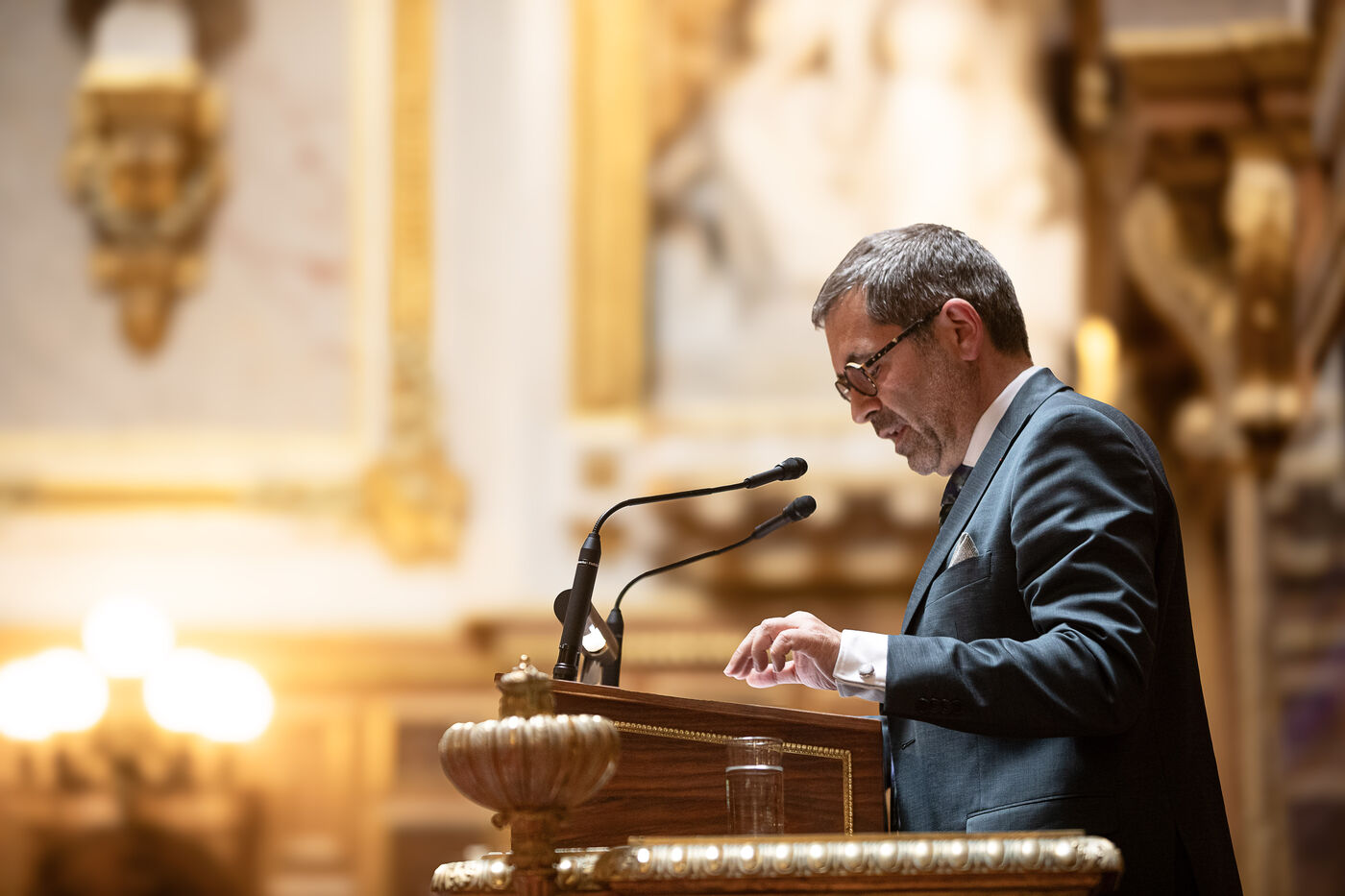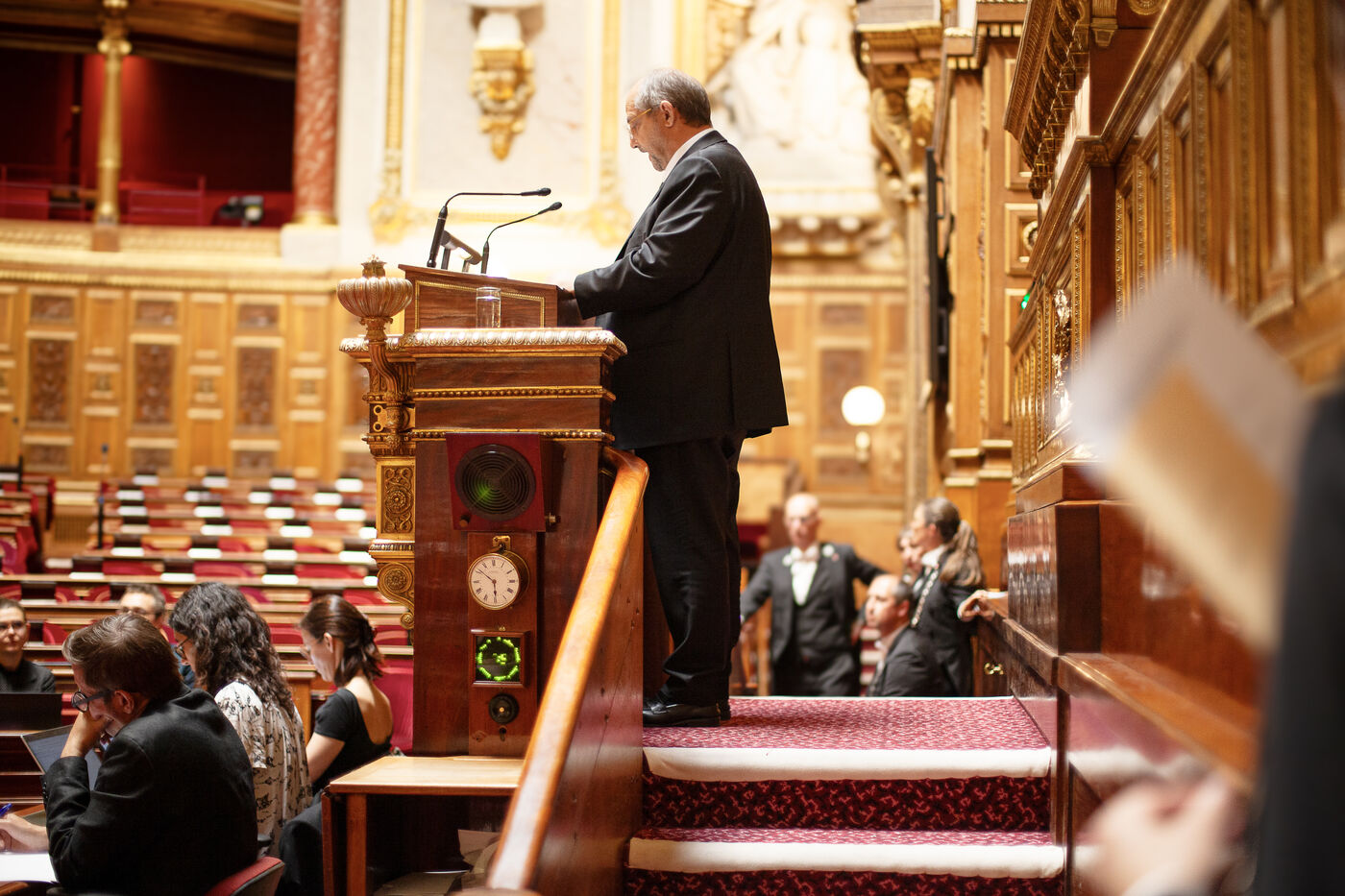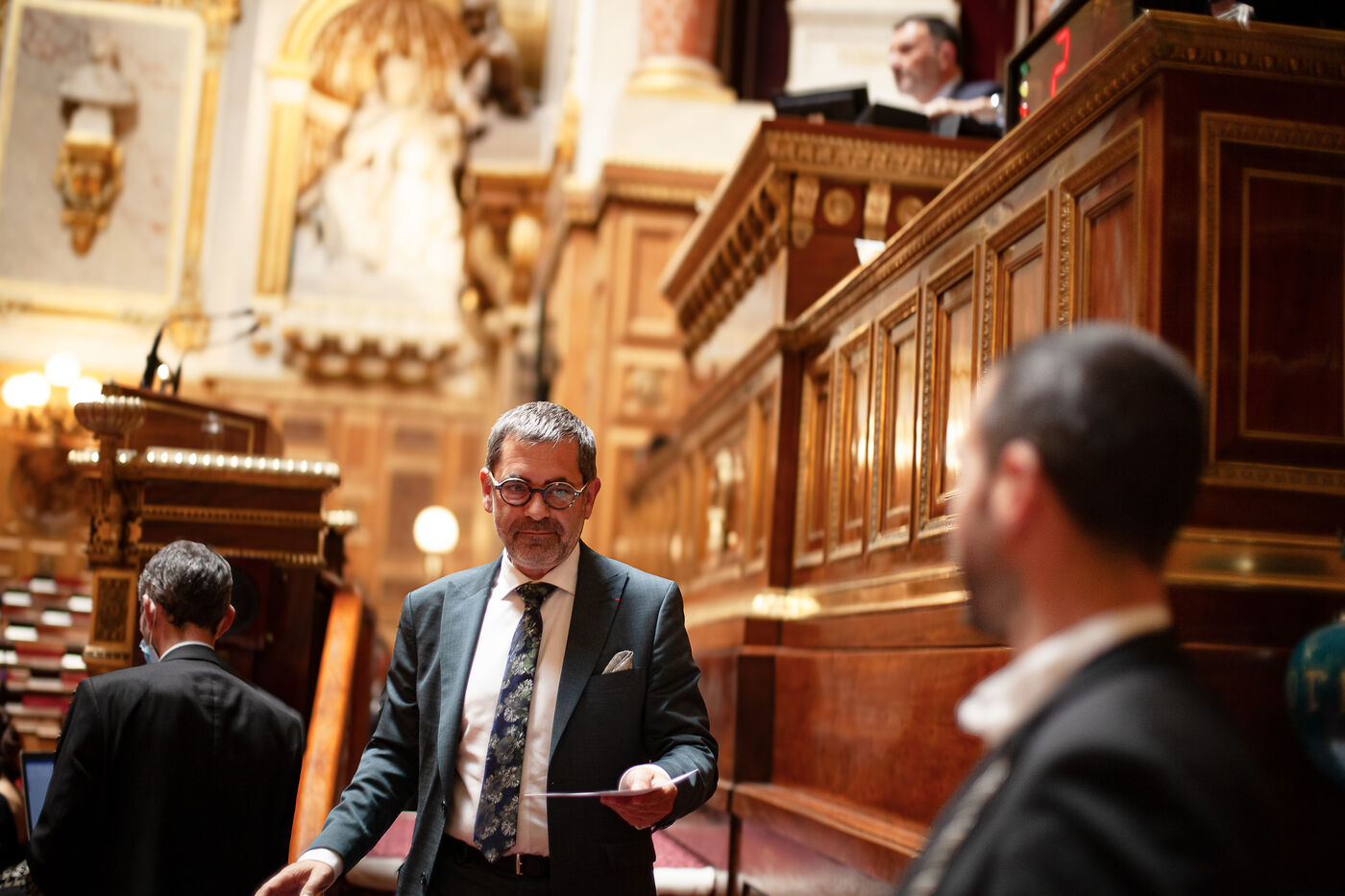Débat sur les terres rares et matériaux critiques au Sénat
Il existe 17 terres dites rares dans le sol planétaire. Le CNRS explique que cette "dénomination s'explique car les terres rares sont présentes partout sur Terre mais sont disséminées en très faible quantité" là où certains métaux font l'objet de gisements massifs. Or, ces métaux sont devenues indispensables et stratégiques pour l'économie contemporaine : numérique, défense, santé, énergie etc. en sont dépendants. Dans ce contexte technologique la question de souveraineté est de plus en plus importante alors que la Chine assure 69% de l'extraction de ces terres rares et matériaux critiques tout en assurant 90% de leur rafinerie. Les vues actuelles du Président américain sur le Groenland, comme ses négociations avec l'Ukraine ne sont pas étrangères à cette problématique. Dans ce contexte, les Sénateurs ont insisté sur la nécessité pour la France et l'Europe, de sécuriser l'accès aux matériaux critiques, notamment en développant des projets dans les territoires français et européens (la Bretagne et l'Auvergne sont des régions où des possibilités existent en la matière). La ministre Véronique Louwagie a insisté sur la nécessité de la France de planifier une stratégie en a matière tout en appuyant sur le besoin d'une "certaine préférence européenne". Elle a rappelé que le 30 novembre 2023, l'Union européenne a par exemple signé un protocole d'accord avec le gouvernement du Groenland en vue de développer un partenariat stratégique notamment sur cette question. Les participants au débat ont insisté sur la nécessité de développer en France l'exploitation de ces matériaux de façon durable tout en appelant à mettre fin à l'hypocrisie qui consiste actuellement à exporter la pollution que cette exploitation crée ailleurs.
Senate debates rare-earths and critical materials
There are 17 so-called rare-earths in the planet's soil. The CNRS explains that this "denomination is explained because rare-earths are present everywhere on Earth but are disseminated in very small quantities" where certain metals are the subject of massive deposits. However, these metals have become indispensable and strategic for the contemporary economy: digital, defense, health, energy, etc. are dependent on them. In this technological context, the question of sovereignty is increasingly important as China ensures 69% of the extraction of these rare earths and critical materials while ensuring 90% of their refining. The current views of the American President on Greenland, like his negotiations with Ukraine, are not unrelated to this issue. In this context, the Senators insisted on the need for France and Europe to secure access to critical materials, in particular by developing projects in French and European territories (Brittany and Auvergne are regions where opportunities exist in this area). Minister Véronique Louwagie emphasized the need for France to plan a strategy in this area while also stressing the need for a "certain European preference." She recalled that on November 30, 2023, the European Union, for example, signed a memorandum of understanding with the government of Greenland to develop a strategic partnership on this issue in particular. Participants in the debate emphasized the need to develop the sustainable exploitation of these materials in France while calling for an end to the hypocrisy currently involved in exporting the pollution that this exploitation creates elsewhere.
